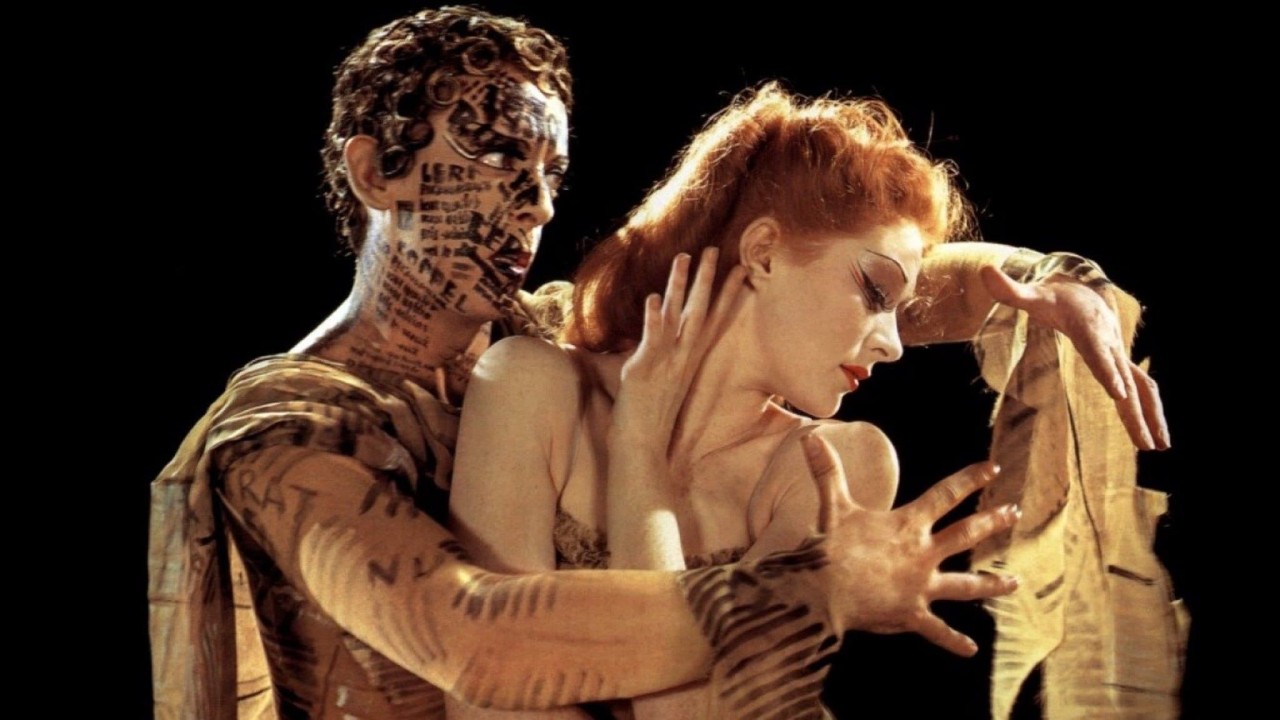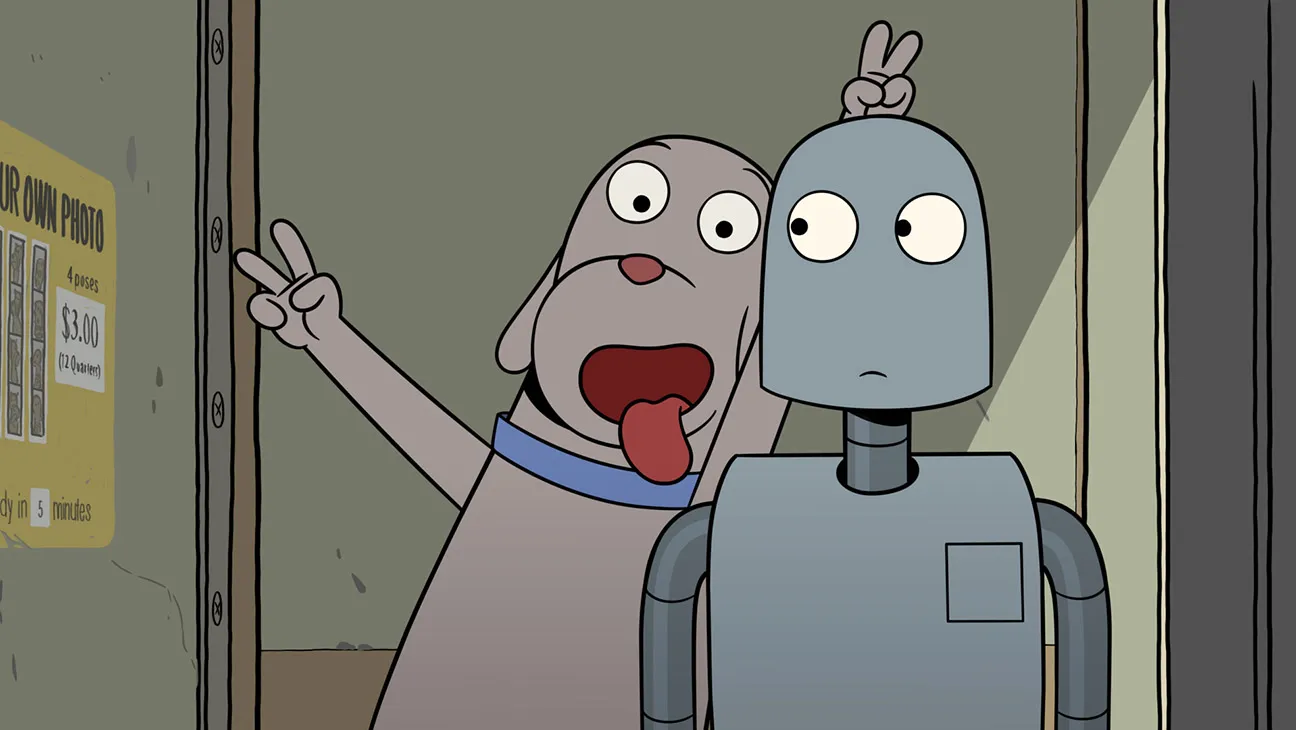“. . . It’s easy to destroy The Deer Hunter: You make it sound like a cartoon, then you attack the cartoon for its shallowness . . .”
by David Denby
After the early acclaim, The Deer Hunter has been subjected in recent months to an extraordinarily coarse and brutal hazing. Everywhere one encounters people convinced that the movie is racist or fascist, while in the press indignant critics compete with one another in manic overstatement. John Pilger on the op-ed page of the Times: “The Deer Hunter and its apologists insult the memory of every American who died in Vietnam.” Barbara Grizzuti Harrison in Ms.: “One of the most nihilistic films ever made, a film that has no politics, no morality, and (perhaps as a consequence) no art.” Tom Buckley in Harper’s: “[Director Michael] Cimino, in a small way, seems to be as insulated from reality as the Marquis de Sade in his cell.” And much more in a similar vein.
So far only one of the movie’s original supporters has stepped forward to answer the attacks—Stanley Kauffmann, in an excellent New Republic piece (May 26). Out of necessity I must repeat some of Kauffmann’s points. And like Kauffmann, I think I should lay my vita on the table—in my case, late-sixties membership in SDS, much anti-war demonstrating, letter writing, and so on. I offer these perfectly ordinary credentials only to make the point that some of us who admire the film are not insensible to the moral and political issues of the war nor unacquainted with the radical critique of American involvement. It’s just that we’re trying to respond with more than our political feelings; we’re trying to respond, in fact, with everything we’ve got to a film that, for all its mystical vapors and its absence of political orientation, is one of the most powerful and moving works of recent years.
One hears no more than a faint echo of the film’s power in the outraged attacks on it. Indeed, I’ve never encountered so many viciously inert plot summaries, so much dull literalmindedness. It’s easy to destroy The Deer Hunter: First you make it sound like an idiotic cartoon and then you attack the cartoon for its shallowness.
As Kafka said, “The arrows fit exactly in the wounds they have made.” But how can anyone write honestly about this movie without trying to convey its moment-to-moment richness and ambiguity of feeling, its questioning tone, its physical grandeur?
The war scenes, which are only a small fraction of the movie, seem magnificent to me, yet these have been- frequently denounced — “boys’-book romanticism,” “cowboys and Indians,” etc. This sort of fashionable invective overlooks the fact that Crane, Hemingway, Mailer, and the superb chronicler of Vietnam Michael Herr have all made men’s physical experience in war —comradeship, fear, courage, exhilaration—the subject of the most reverberant art. The Deer Hunter is not unworthy of that tradition. Movies, the sensuous and dramatic medium par excellence, are even better than literature at conveying the terrors of war, but they’re usually lousy at doing what the critics want most—elucidating a complex political situation. Apart from The Battle of Algiers, I can’t think of a great war movie that’s strong on political analysis.
Now that we’ve fought an immoral war, these tremendous experiences are supposed to be considered taboo or infantile. But I don’t agree. Yes, the Americans caused immense suffering in Vietnam, but many of the Americans also suffered terribly, and that hasn’t been dramatized yet (I refuse to take that guilty-liberal erotic fantasy, Coming Home, very seriously). Perhaps The Deer Hunter’s critics are so wretchedly irritable because the movie forces them to feel something they’ve long since killed in themselves —sympathy for the warrior’s burdens, the warrior’s point of view.
Cimino, I think, is vulnerable to the charge of overstating American innocence, but I can’t go along with the “racist” label. Would a man who felt no sympathy for Vietnamese suffering have shown refugees by the hundreds trudging miserably along the road? And would he have staged the fall of Saigon as an overwhelming human tragedy, with the Vietnamese reaching desperately for helicopters, only to have American soldiers fight them off with rifle butts? It’s true that the Saigonese in the gambling dens are pictured as decadent (so are the Americans and the French), but this corresponds to what was widely reported—that the American domination of the city brought out a demoralized subpopulation of crooks, whores, and profiteers. Would the critics have been satisfied if Cimino had put in some “good” Vietnamese for balance? But this is hopeless. An artist trying to create a powerful atmosphere can’t be expected to embrace the banal method of TV documentaries, which always illustrate both sides of a situation and leave you nowhere.
Why does the movie show Vietcong rather than American atrocities? ask the critics. The answer is that Cimino’s film is not about the overall American role in Vietnam. It’s about three men who grew up together in a Slovak- immigrant community, who work, hunt, and booze together, and who then face an ultimate test of character—a bizarre torture by Russian roulette in a Vietcong prison. Each responds according to his nature, and then has to figure out some way of going on with life. The long concluding section of the film resolves the individual stories and brings the men together again. Now that is what the movie is about, and the torture sequence is the necessary key to it; there’s no point in criticizing X because it isn’t Y, which is what most of these writers are doing. In any case, no one could maintain that the Vietcong did not torture prisoners. If you want to attack Cimino’s imaginary Russian-roulette game on aesthetic grounds (as a metaphor it’s a little vague), that’s fine, but denouncing it as a moral and political outrage because the VC didn’t use that form of torture is really taking literal-mindedness into idiocy.
The Deer Hunter’s opponents, I’ve discovered, generally ignore the last third of the picture. That way they can be free to attack as infantile the values (macho obsessiveness and purity) that the movie itself finally rejects. After all, something happens to Michael (Robert De Niro) in that first Russian-roulette game. He’s purged of his inhuman will, and it passes to Nick (Christopher Walken), who is eventually destroyed by it. When Michael returns home, he begins to change— slowly, inarticulately, but unmistakably. He enters a love affair, probably the first of his life; he discovers that he can’t hunt anymore; he tries to pull the community together. By the end, the lone killer—sexless and infallible— has become a man.
Despite this progression, “machismo” is made to sound completely sinister, and so is male friendship. A number of writers have tried to discredit the picture with the old repressed-homo- eroticism ploy. Apparently if men express love for each other (as they do in this movie), they must want to sleep together. Writing in the Village Voice, Andrew Sarris discerns “a particularly devious expression of homosexual panic.” Tricky, these fag movie directors! Summing up magisterially, Peter Biskind, in the radical newsmagazine Seven Days, announces that the movie’s “mixture of repressed homoeroticism, violence, and patriotism embrace [sic] the very worst aspects of American culture, those that led to Vietnam in the first place.” You heard right—closet queens got us into the war. That would seem to be about as malicious as you can get, but I also enjoyed Tom Buckley’s remarkable assertion, in Harper’s, that The Deer Hunter is emotionally invalid because the high casualties and short tours of duty in Vietnam (one year) made companionship among the soldiers impossible. Good Lord. The troops may have come home years ago, but when you read these pieces you know that Vietnam is still making us crazy.
New York Magazine, June 18, 1979





